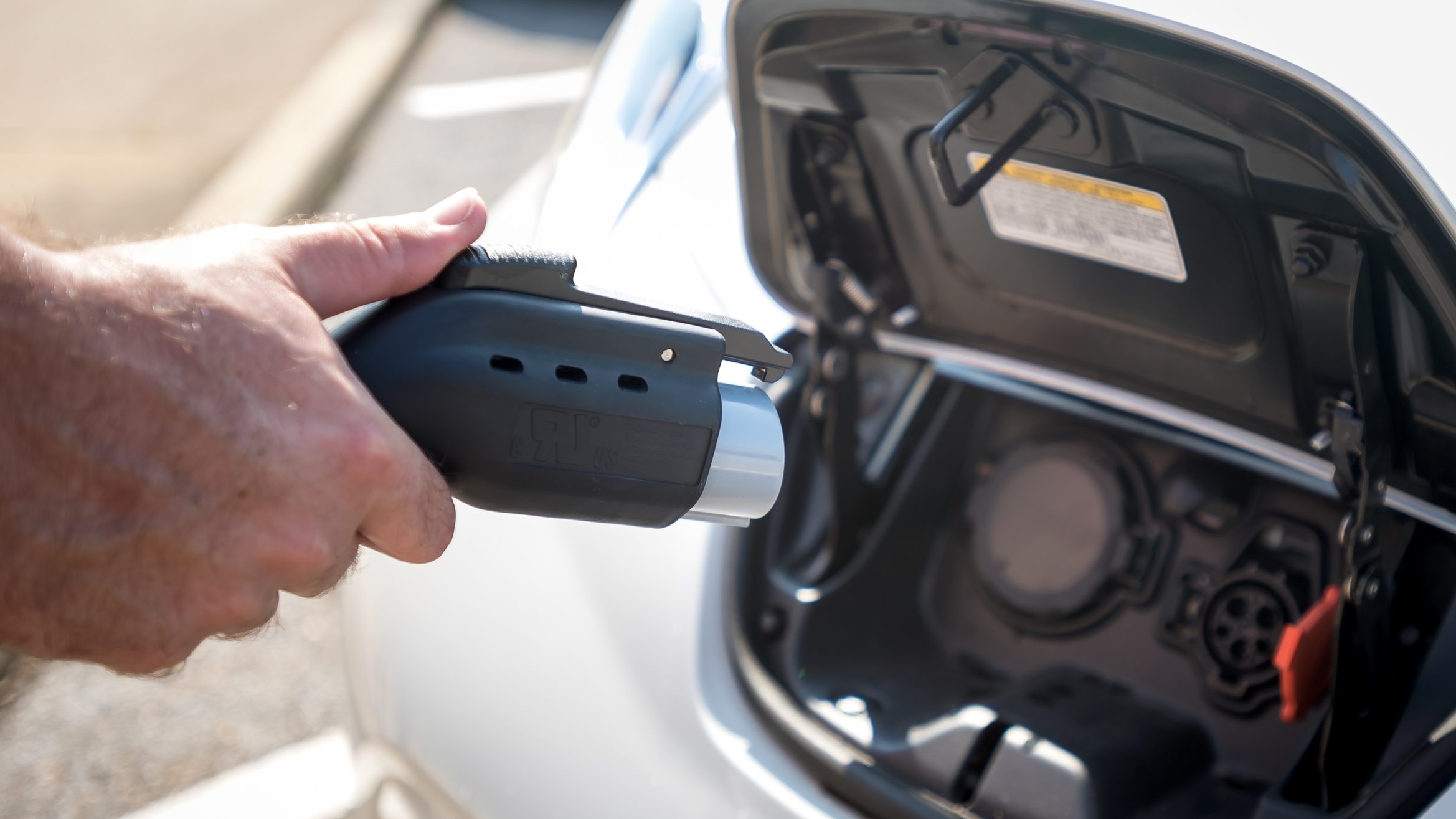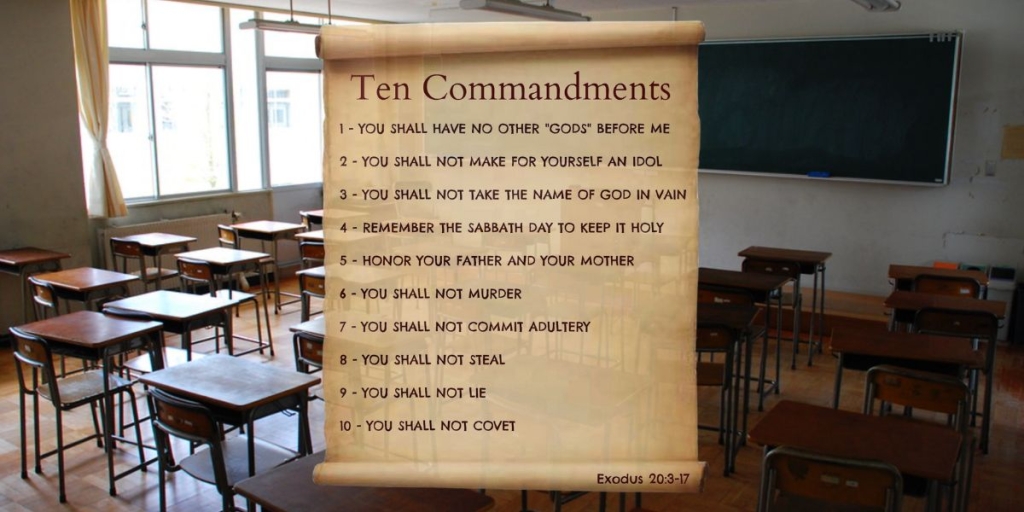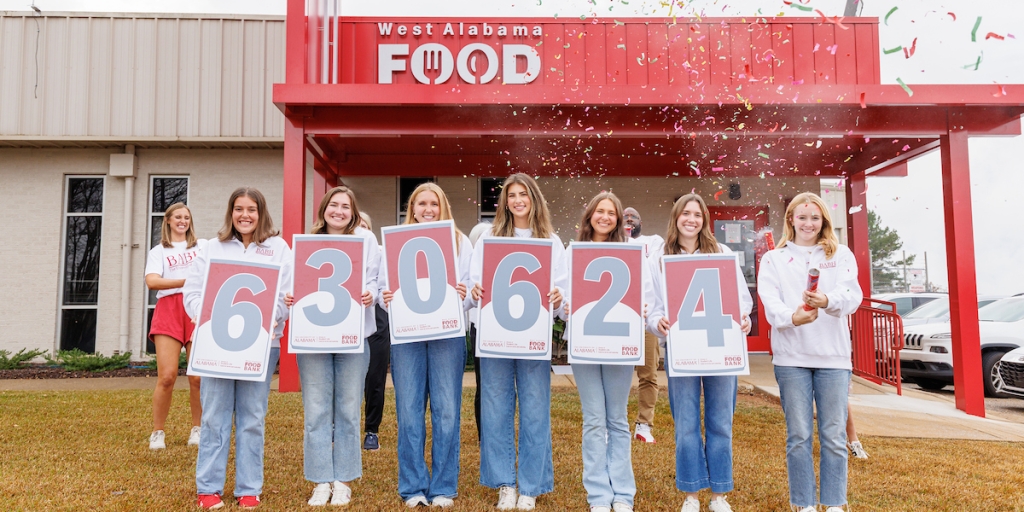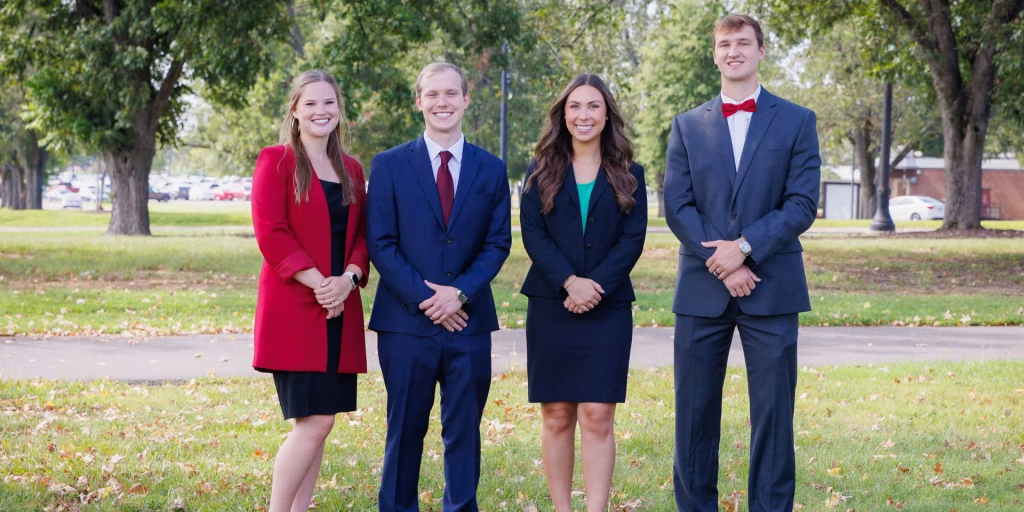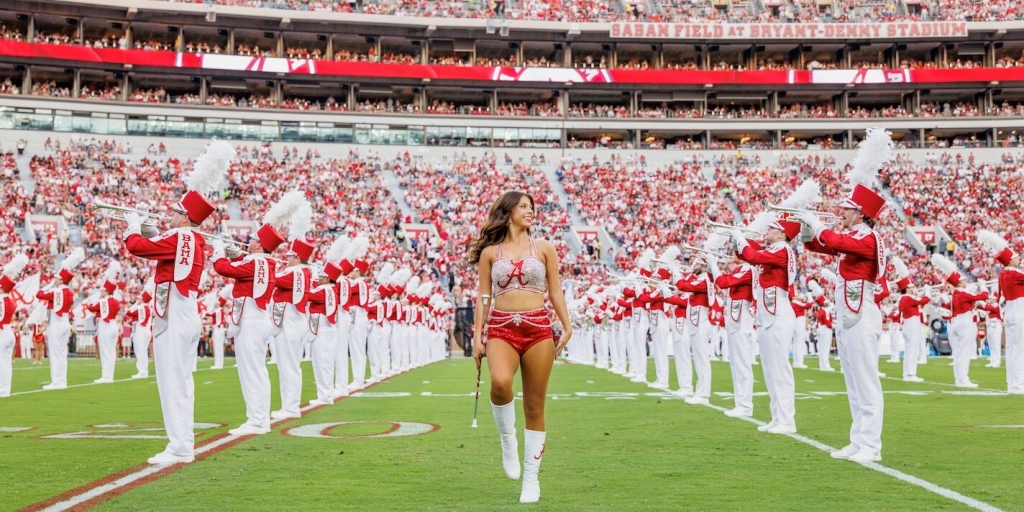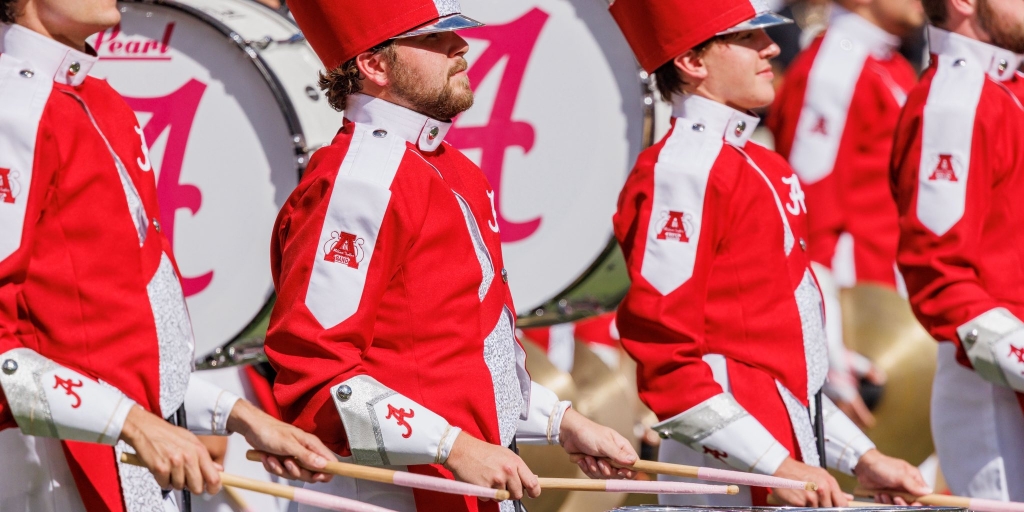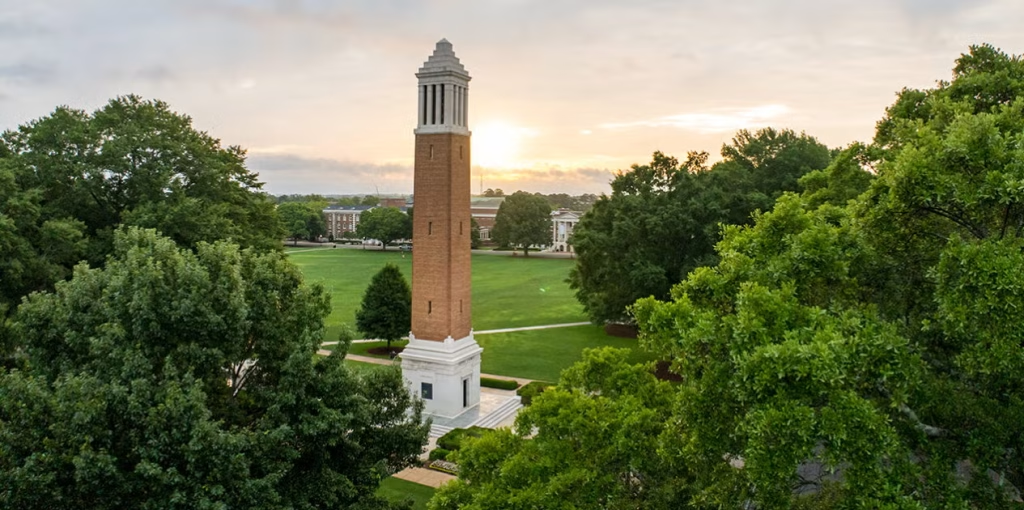The University of Alabama and Shelton State Community College have both been selected to take part in the Battery Workforce Challenge, working with their vocational partners to see which can school can best design, build, test, and integrate an advanced EV battery into a soon-to-be-produced electric vehicle.
The competition involving 12 colleges was formed through a joint effort by the US Department of Energy, Stellantis, and the Argonne National Laboratory.
“Initiatives like the Battery Workforce Challenge Program are created from a compelling need for heightened American ingenuity and an increased workforce in the EV sector,” said Michael Berube, deputy assistant secretary for Sustainable Transportation and Fuels in the DOE’s Office of Energy Efficiency and Renewable Energy.
“This competition will immerse students in hands-on, real-world experiences crucial to building skills needed to support a cleaner, more sustainable energy economy.”
The vehicle that the colleges will be attempting to equip with the advanced EV battery is produced by Stellantis.
“We envision a future where sustainable mobility thrives through innovation and continues to be powered by the next generation of exceptional engineering talent,” said Micky Bly, senior vice president and head of Global Propulsion Systems for Stellantis.
“The participating universities echo our commitment to paving the way for EV excellence and leading decarbonization efforts to reach net-zero emissions by 2038, as outlined in our Dare Forward 2030 strategic plan.”
The competition, which will take place over the span of three years, is scheduled to end in 2026. Winners will receive annual engineering and sponsor-related category awards, $100,000 in industry-provided prize money, as well as invaluable employment, collaboration, and networking opportunities with industry leaders.
Austen Shipley is a staff writer for Yellowhammer News.




